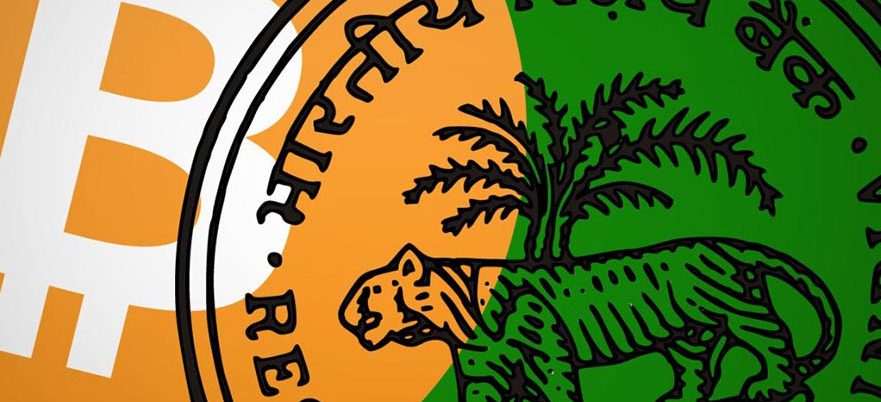|
Getting your Trinity Audio player ready...
|
To put an end to the ongoing ambiguity surrounding the legality of cryptocurrencies in India, a lawyer has sought the help of the Supreme Court to “regulate the flow” of digital currencies like BTC.
Petitioner Dwaipayan Bhowmick submitted a public interest litigation (PIL) to the highest court in the country, asking the court to direct the government and regulators “to regulate the flow” of cryptocurrencies and ensure that they are accountable to the exchequer. In his petition, Bhowmick said there is a need to either regulate or ban the cryptocurrencies because of its untraceable nature, which means that it “may be used for trading and various other financial activities… without any accountability.”
“For certain countries have made [BTC] subject to their respective tax regimes, while a few other countries have designated it as a commodity, thereby making [BTC] subject to government regulation and accountable to exchequer but no such mechanism exists in India till date,” according to the petition.
The government has been deliberating—for months now—on whether it needs to create a regulatory framework for cryptocurrencies. The agenda, however, was shelved following a turf war between the Reserve Bank of India (RBI) and the Securities and Exchange Board of India (SEBI) over which of them should regulate the sector.
The central bank and the government may have been firm on their stance not to use cryptocurrencies for payments, but they haven’t explicitly banned them either. Nor did they lay down rules to govern the use of cryptocurrencies in the country—hence the uncertainty.
In response to Bhowmick’s petition, a three-judge bench has reportedly issued a notice to the ministries of finance, law and justice, information technology, SEBI and the central bank. This isn’t the first time that the Supreme Court has been called to intervene in cryptocurrencies’ legality issue. In July, the high court heard a similar petition and ordered the RBI to look into it. The petition was disposed after that, according to reports, although the central bank did set up a panel in September to look into the possibility of fiat cryptocurrencies.
Aside from Bhowmick, a self-regulatory watchdog called the Digital Asset and Blockchain Foundation of India is also working with lawmakers to define a set of guidelines for cryptocurrency use and trading in the country.

 02-17-2026
02-17-2026 




